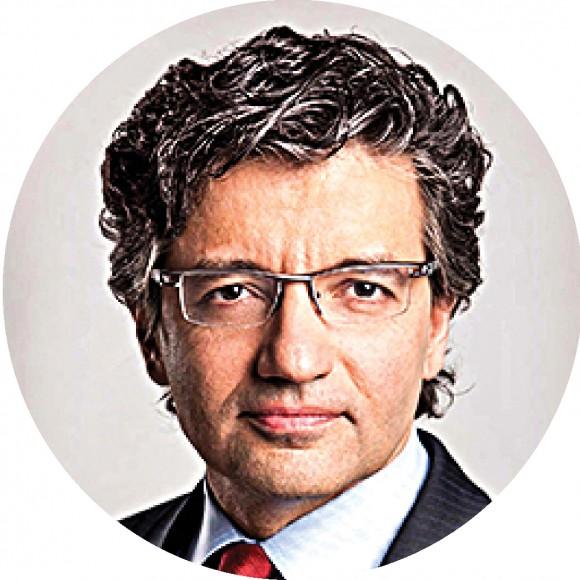While the travel restrictions announced by President Donald Trump on Jan. 27 met with immediate contention, there has been little sober discussion about what the president’s policy directive signifies. What it appears to signal is the budding of a new visa-assurance process that looks at whether visa holders believe in the values of the United States.
The 90-day travel ban affects seven countries—Iraq, Syria, Iran, Libya, Somalia, Sudan, and Yemen—using a list drafted by the Obama administration. The thinking behind it is explained in Trump’s executive order, which states: “In order to protect Americans, the United States must ensure that those admitted to this country do not bear hostile attitudes toward it and its founding principles. The United States cannot, and should not, admit those who do not support the Constitution, or those who would place violent ideologies over American law.”
It also says the United States “should not admit those who engage in acts of bigotry or hatred (including ‘honor’ killings, other forms of violence against women, or the persecution of those who practice religions different from their own) or those who would oppress Americans of any race, gender, or sexual orientation.”
Screening for Political Ideology
The new rules appear to go beyond screening for belief in violent jihadism to also include belief in jihadist struggle and Islamism—neither of which should be confused with the religion of Islam, according to Dr. Zuhdi Jasser, founder and president of the American Islamic Forum for Democracy, and a devout Muslim.
“I think it’s important to look at what we’re dealing with, based on looking at the order itself. I don’t think in reality it’s a Muslim ban,” he said.






